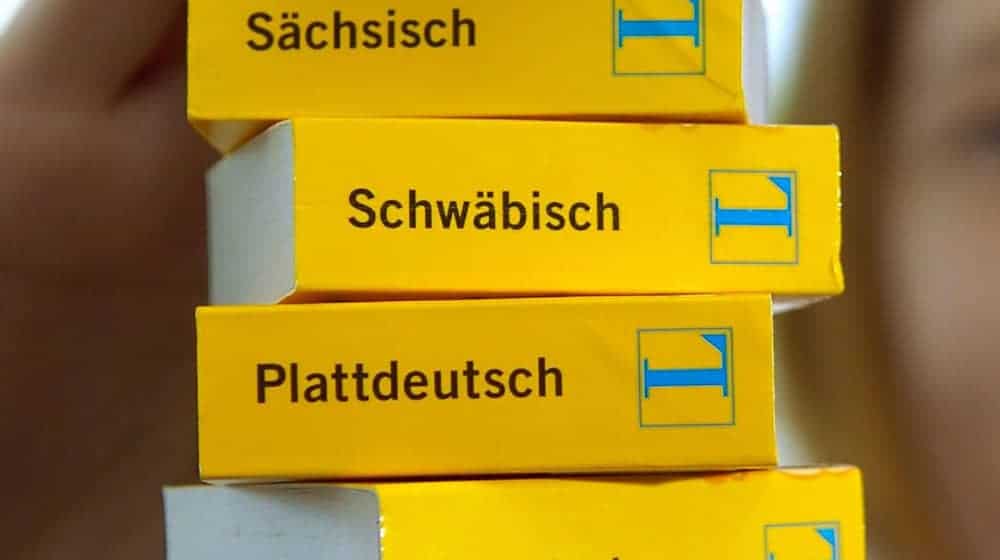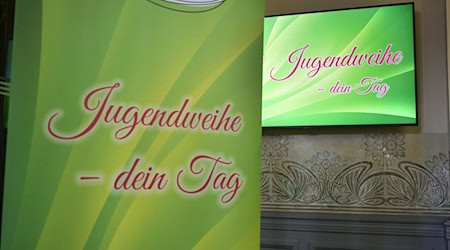Social changes are leading to a change in language - but not to the extinction of dialects. "We see that people on the street speak differently today than they used to," said Leipzig linguist Simon Oppermann on Mother Tongue Day on February 21. "But I would rather speak of change than extinction. Overall, the language is changing - away from the old so-called basic dialects towards new varieties. Many new forms are also emerging."
The "Motschekiebchen" used to have more competition
There are many examples of this change. For example, the expression "Motschekiebchen" ("ladybug") is now considered the Saxon word par excellence. This is not wrong - historically, however, "Motschekiebchen" was only used in Saxony in the greater Leipzig area. According to Oppermann, the area of distribution extended further west via Halle to just before Erfurt.
Aside from this core area, there were also many other names for the ladybug in the East Central German language area, such as "Himmelsmiezchen" or "Sonnenwürmlein". In the end, the "Motschekiebchen", which translates as "Moo-Küchen" or "Kuh-Kälblein", probably prevailed.
"'Sch hab" instead of "Ich habe"
Another example is the so-called coronalization of the "Ich" sound to an "sch". Instead of: "I'm really hungry", many people in East Central Germany now say: "'Sch hab rischt'schn Hunger". This is now very common - but 100 years ago it had hardly been systematically described for Saxon, said Oppermann.
Copyright 2025, dpa (www.dpa.de). All rights reserved










